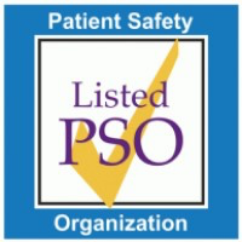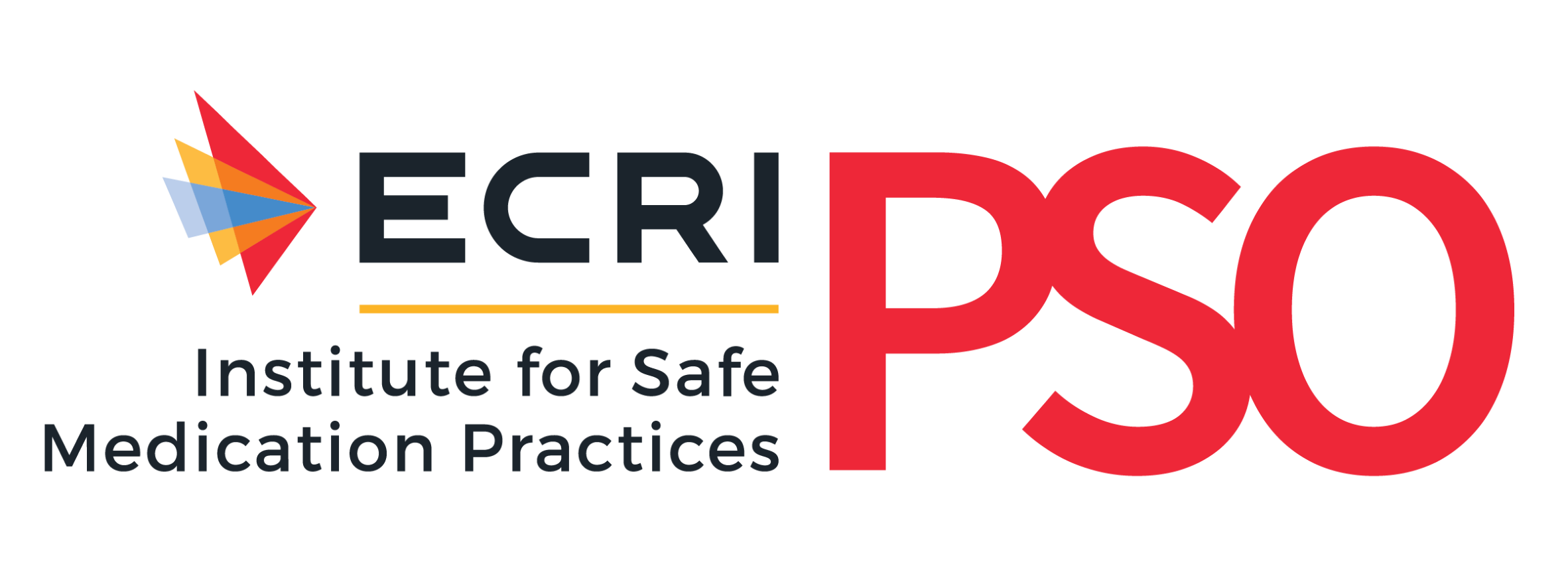ORRUM
PATIENT SAFETY ORGANIZATION (PSO)
Developing a multi-component incident reporting system for use by perfusionists around the world.
FILLING THE PATIENT SAFETY GAP
For nearly 20 years, prominent perfusionists have called for a perfusion-centric prospective incident reporting system to collect near-miss and patient harm incidents that occur during clinical practice in the United States. Today, Orrum PSO enables the perfusion community to answer the call.
THE FIRST AND ONLY PERFUSION-CENTRIC
PSO IN THE WORLD
Perfusion departments and medical centers are continuously seeking methods to improve patient safety. Today, by leveraging the power of computing with the shared experience of providers across the country, a new level of patient safety is becoming a reality. Data from voluntary incident reports are coupled with the most advanced sensor technology available to develop a comprehensive analysis of events.
HARNESSING CLINICAL DATA FOR IMPROVED PERFUSION PATIENT SAFETY
INFORMATIVE DATABASE
Provides immediate improvement in patient safety standards. Data is collected from a national database then analyzed and condensed into actionable recommendations.
UPDATES AND ALERTS
With quarterly updates and immediate alerts about serious incidents, perfusion teams can stay one step ahead of costly and potentially life-threatening events.
DIGITAL DATA CAPTURE
Advanced IoT data capture technology enables real-time, highly detailed analysis of any OR environment. This represents the pinnacle of perfusion safety and performance improvement.


HOW DOES ORRUM PSO WORK?
Sign up for membership in the Orrum PSO.
Receive quarterly reports and timely alerts regarding key safety events.
Submit incident reports as needed and receive an analysis of your event based on best practices, and the knowledge gained from hundreds of providers across the country.
PSO BENEFITS
REAL WORLD ISSUES
Quantifying the number and type of incidents allows clinicians and educators to understand real and current risks. Subsequent adjustments to clinical practice and training address actual on-the-ground scenarios.
DEMOCRATIZATION OF KNOWLEDGE
The collective effort of perfusion centers across the county leads to improved safety and quality. Smaller perfusion programs have access to the same information as major centers, allowing all providers to elevate performance.
BROAD-BASED IMPROVEMENTS
A thriving PSO expands the understanding of best practices in training, equipment use, system design, and simulation scenarios.
PROACTIVE, NOT REACTIVE
Data aggregation from large numbers of incidents helps clarify what safety initiatives are working and which ones might need revision. This represents a shift from case-based, retrospective reporting to trend-based, prospective reporting.
COMPLIANCE
The Orrum PSO is listed with the U.S. Department of Health and Human Services Secretary as a Patient Safety Organization (PSO).
PSO SOLUTIONS

INCIDENT REPORTING
Allows clinicians to report near-miss and patient harm events via an anonymous, secure, online portal from anywhere in the U.S. Every event reported contributes to learning. An individualized analysis is provided for each event including suggestions for interventions to mitigate risks. These suggestions are based on aggregated data from over 100 institutions. Providers help each other by reporting near-miss and patient harm events so mistakes are not repeated.
SIMULATION AND CRISIS MANAGEMENT TRAINING
On-site and remote simulation and crisis management training are available based on real-life incident scenarios. Participate in crisis management simulations without worry that your performance can be audited via legal discovery (protected by the Patient Safety Act of 2005). Simulations and training address the specific scenarios you are likely to face, instead of those based on textbook knowledge or simulator design.


SAFETY ASSESSMENTS
On-site and virtual assessments of clinical standards, practices, and management are based on reports received from across the country. Comparison of current practice to other similar institutions and best practices established by analyzed event reports. This moves the focus from management of risk to improvement in training, equipment, and system design.
ADVANCED CLINICAL DECISION SUPPORT (COMING SOON)
Near-real-time clinical decision support integrated into your Electronic Health Record (EHR) to provide guidance at the instant when you face a rare complication. Receive tips on how to proceed, what to watch out for, and the most viable solutions available.

LEARN HOW THE ORRUM PSO
WAS DEVELOPED
PSO FAQS
What is the Orrum PSO?
What types of events can I report to the Orrum PSO?
Who sees identifying information I submit to the Orrum PSO?
What legal protections are provided to information submitted to the Orrum PSO?
Can I submit reports anonymously?
There are two ways to submit anonymous reports. PSO members can submit a report inside the Orrum Clinical Analytics portal and check the box requesting the report be made anonymously. Alternatively, those who are not members of the PSO can submit reports through our confidential and secure website perfusionsafety.org
What type of Information Technology (IT) is used to submit reports?
What happens to information I submit to the Orrum PSO?
Who can submit reports to the Orrum PSO?
What feedback will I get from the Orrum PSO on a report that I submit?
If you submit a report to the Orrum PSO and provide return contact information (phone or email, all of which remain confidential and privileged), the Orrum PSO will return to you an analysis of your event that includes a review summary by two experienced perfusionists, a categorization of the incident using a modified Reason classification system, a list of contributing factors as defined by the Agency for Healthcare Research and Quality (AHRQ) Learn from Defects Tool, comparison of the event against pre-existing standards or policies from the American Society of Extracorporeal Technology (AmSECT) or others, and suggested interventions to reduce the risk of event reoccurrence. As with all data generated from the Orrum PSO, these analyses and recommendations will be based on knowledge gained from aggregating large numbers of rare events.



